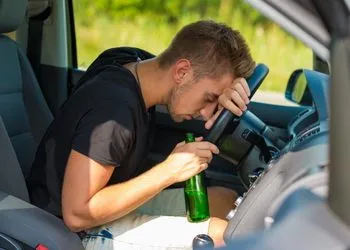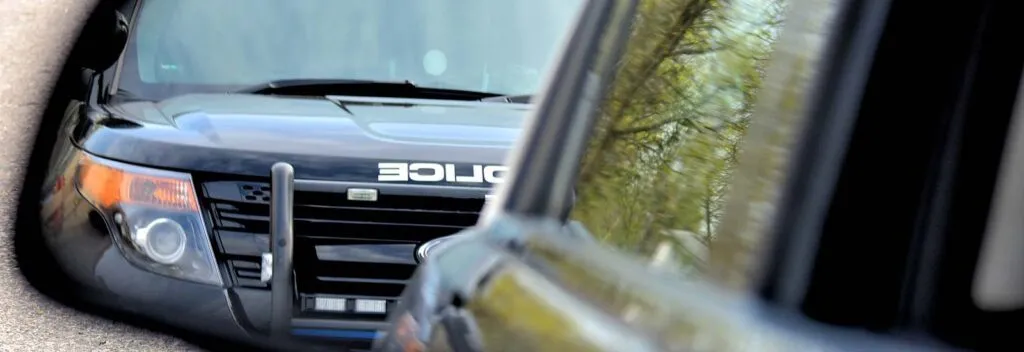How Police Officers Determine OUI in Massachusetts

Most law enforcement personnel have received specific training on how to investigate impaired driving cases. This three-day training was developed by the National Highway Traffic Safety Administration (NHTSA) and is outlined in the DWI Detection and Standardized Field Sobriety Testing. Most, if not all, officers across the country and in Massachusetts have been trained through the NHTSA course. OurMassachusetts oui attorneydetails more.
Police are trained to conduct an OUI investigation in three phases:
- Vehicle in motion, where the officer is looking for certainclues of impairmentin the manner of operation of the motor vehicle;
- Personal contact based on a driver’s appearance. Here an officer is looking for visible signs of impairment (bloodshot eyes, slurred speech, odor of alcohol); and
- Pre-arrest screening. If the officer suspects that a driver is impaired, they will use field sobriety tests and/or a portable breath test to assist in developing probable cause that a driver is impaired.
NHTSA-trained police officers are taught to administer three scientifically validated psychophysical field sobriety tests:
- Horizontal Gaze Nystagmus.Nystagmus is an involuntary jerking of the eyes that indicates something (like alcohol or drugs) is disrupting the central nervous system. Usually, a defense lawyer can get this test excluded from evidence because most officers are not qualified to interpret the results.
- Walk-and-Turn.This test is administered in two phases. The first is the instruction phase, and the second is the walking stage. While the test is being administered, the police officer is looking for eight validated cues.
- One-Leg Stand.This is also administered in two phases. The first is the instructions stage, and the second is the balance and counting stage. While the test is being administered, the police officer is looking for four validated cues.
Often, a police officer will use other methods to test a driver’s sobriety. These include the alphabet test, the finger count, the finger-to-nose test, and the Romberg test.
If, after conducting all of the various forms of sobriety tests, the officer concludes that a driver is impaired, an arrest is made. Then the matter is handed over to the District Attorney’s office to prosecute the case.
To win a Massachusetts OUI Prosecution, the Commonwealth Must Prove Beyond a Reasonable Doubt Three Things:
- That you were operating a motor vehicle
- On a public way
- Whileunder the influence of alcohol
For a free legal consultation, call (781) 740-0800
If You Are Charged, Call Us
If the officer who pulled you over decides that you are impaired in South Shore, Massachusetts, or its surrounding counties, you will be charged with OUI and will need to call Nate Amendola Defense as soon as possible. There is a lot of room for error in the investigation and arrest process and, if we can prove the officer did not do everything by the book, we can build a defense around that. Don’t give up hope.
Schedule a Free Consultation with a Massachusetts OUI Lawyer Today
If you’ve been arrested on an OUI/DUI charge, domestic violence, disorderly conduct, or drug possession, you should speak to an experienced defense attorney as soon as possible. You cancontact us onlineor call our office directly at(781) 740-0800to schedule your free consultation with one of our top-notch defense lawyers. We have been proudly servicing clients throughoutNorwell, Massachusetts, and surrounding areas such as Plymouth, Barnstable, Nantucket, and more.
Call or text (781) 740-0800 or complete a Free Case Evaluation form



